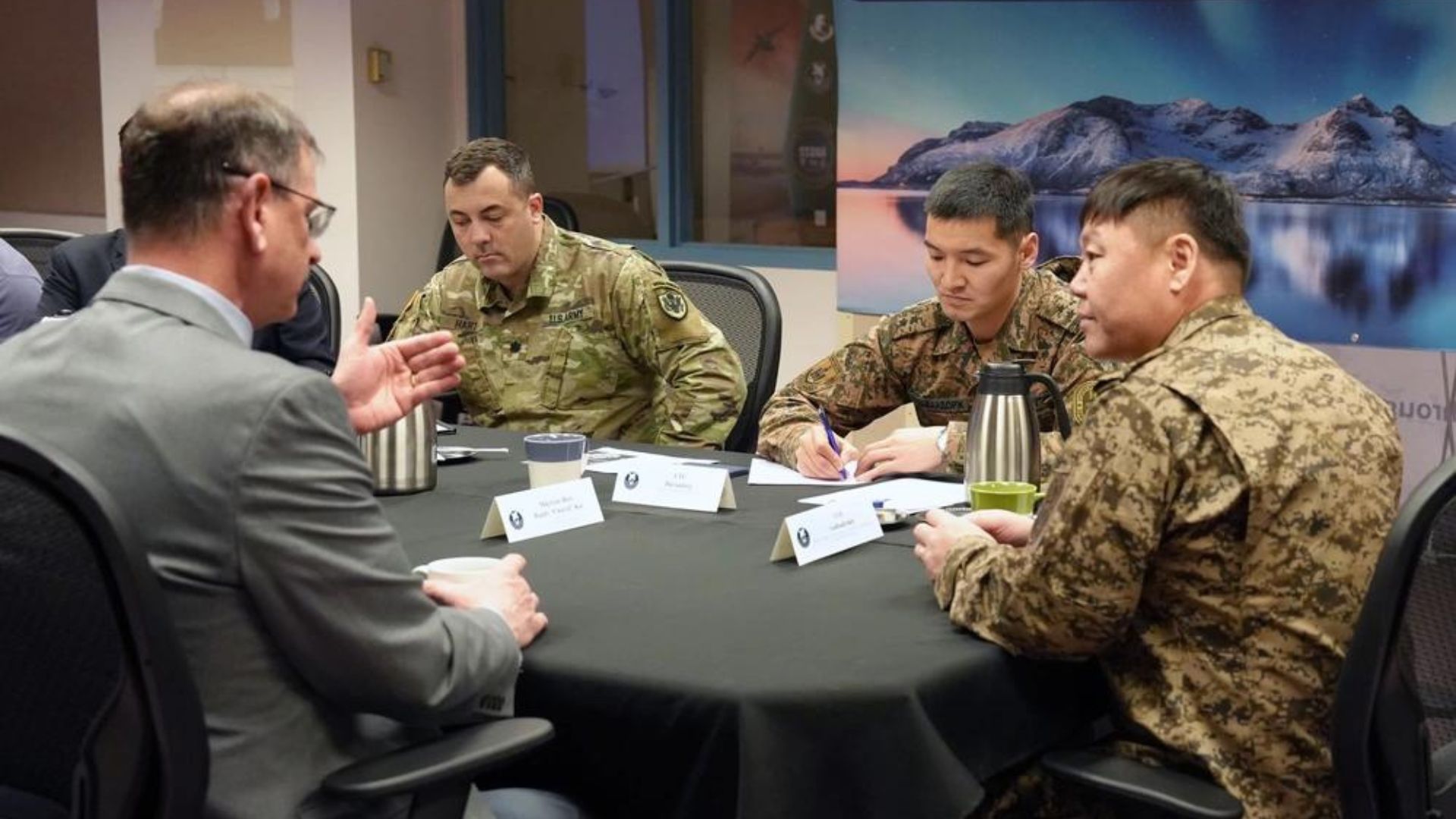Enhancing international security is crucial for maintaining global stability and fostering peaceful relations among nations. As the world becomes increasingly interconnected, addressing security challenges requires innovative and collaborative strategies. In this article, we’ll discuss several effective ways to enhance international security and promote a safer world for everyone.
Strengthening International Alliances
One of the primary ways of enhancing international security is by strengthening international alliances. Countries can work together to address common threats and share resources. Alliances like NATO, for example, play a crucial role in collective defense and security. By building stronger partnerships and improving coordination among allied nations, countries can better respond to security challenges and prevent conflicts.

Promoting Diplomatic Solutions
Diplomacy is essential for enhancing international security. Engaging in dialogue and negotiations helps resolve disputes and prevent conflicts. International organizations such as the United Nations play a significant role in facilitating diplomatic efforts. By prioritizing diplomatic solutions over military actions, nations can address underlying issues and work towards peaceful resolutions.
Investing in Cybersecurity
In today’s digital age, investing in cybersecurity is a key component of enhancing international security. As cyber threats become more sophisticated, countries need to protect their digital infrastructure and data. Strengthening cybersecurity measures, such as encryption and secure communication channels, helps safeguard national security and prevent cyber-attacks from disrupting critical systems.
Enhancing Intelligence Sharing
Effective intelligence sharing among nations is vital for enhancing international security. By exchanging information about potential threats and security risks, countries can better anticipate and respond to dangers. Joint intelligence operations and collaborative research enhance the ability to address global security challenges and prevent crises before they escalate.
Supporting Conflict Prevention Initiatives
Supporting conflict prevention initiatives is another important strategy for enhancing international security. Programs aimed at addressing the root causes of conflicts, such as poverty, inequality, and political instability, contribute to long-term peace. By investing in development projects, education, and social programs, countries can reduce the likelihood of conflicts and promote stability.
Strengthening Border Security
Border security is a critical aspect of enhancing international security. Effective border control measures help prevent the illegal movement of goods, weapons, and people. By improving surveillance, conducting thorough inspections, and collaborating with neighboring countries, nations can better manage border security and reduce the risk of transnational threats.
Promoting Arms Control and Disarmament
Arms control and disarmament efforts are essential for enhancing international security. Agreements that limit the proliferation of weapons and reduce stockpiles contribute to global stability. Treaties such as the Nuclear Non-Proliferation Treaty (NPT) play a significant role in preventing the spread of nuclear weapons and promoting disarmament. By supporting and adhering to these agreements, countries can work towards a safer and more secure world.
Encouraging Regional Cooperation
Regional cooperation is a key strategy for enhancing security. Countries within a specific region can collaborate on security issues that affect them collectively. Regional organizations, such as the African Union (AU) and the Association of Southeast Asian Nations (ASEAN), facilitate cooperation on security matters and promote stability within their regions. By fostering regional partnerships, countries can address security challenges more effectively.
Investing in Human Security
Focusing on human security is vital for enhancing international security. Human security encompasses the protection of individuals from threats such as violence, poverty, and disease. By addressing these issues and ensuring that basic needs are met, countries can create a more stable and secure environment. Investments in healthcare, education, and social services contribute to overall security and well-being.
Enhancing Crisis Management Capabilities
Effective crisis management is crucial for enhancing international security. Developing robust systems for responding to emergencies and disasters helps minimize the impact of crises. Training and equipping personnel, establishing communication networks, and coordinating with international organizations improve the ability to manage and recover from crises. By enhancing crisis management capabilities, countries can better handle security threats and support affected communities.
Conclusion
Enhancing international security involves a multifaceted approach that includes strengthening alliances, promoting diplomacy, and investing in cybersecurity. Supporting conflict prevention, improving border security, and advocating for arms control are also crucial strategies. By encouraging regional cooperation, focusing on human security, and enhancing crisis management, countries can work together to create a safer and more stable world. Through these efforts, nations can address security challenges effectively and build a foundation for lasting peace.

